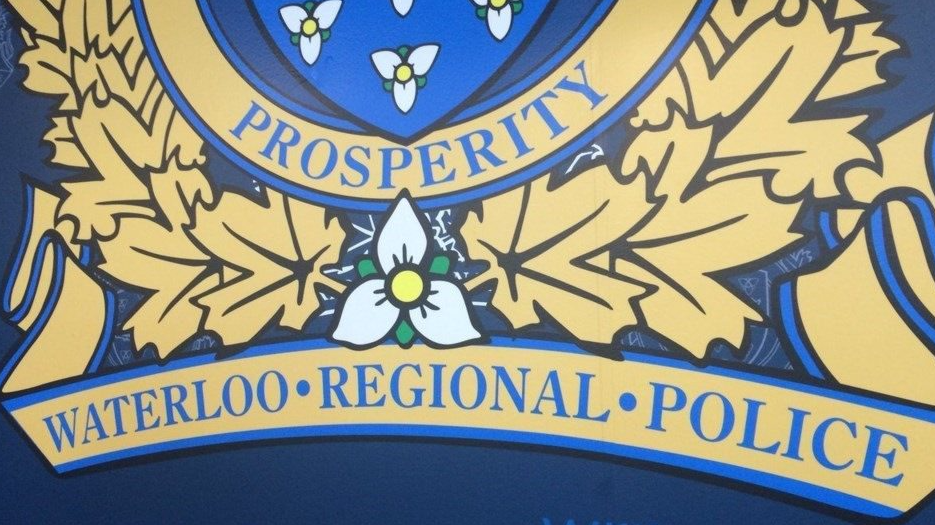Draft 2025 police budget set at $253M, nearly 9 per cent tax increase

The cost of public safety was in full focus as the Waterloo Regional Police Service Board unveiled it’s proposed budget for the next calendar year on Wednesday.
It’s a proposed $253 million budget for 2025, and a just under 9 per cent tax increase to support that blueprint.
The budget has increased by around 11 per cent in 2025, compared to the approximately $223 million budget for the year prior.
Advertisement
In terms of how that will affect people’s bottom line, the average resident of Waterloo Region could be paying about $70 more in property taxes next year, just under $850 total.
In spite of those increases, according to Waterloo Regional Police Services staff, Waterloo Region residents have the third-lowest per capita cost per resident amongst the ‘Big 12’ police services, only outmatched by Halton Region and Ottawa police services.
“This is a really tough budget year, next year’s going to be a really tough budget year, so we really have to look at how we invest,” said Regional Chair Karen Redman.
According to a report from the police services board, the majority of the budget (71 per cent) goes towards funding law enforcement and crime prevention, and just over a quarter (26 per cent) is used to fund infrastructure upgrades and costs associated with administration.
Advertisement
Chief of Police Mark Crowell highlighted an 11 per cent increase in calls for service in 2023 compared to 2022, adding that the service is under-staffed compared to the other ‘Big 12’ Ontario police services.
The collective agreements for police service members will also expire at the end of 2024, and the board has included a just-over 3 per cent increase to the budget to account for bargaining on that front.
“We feel that we are at a close to full authorized staffing capacity now,” said Crowell. “We have made considerable inroads to the recruitment to WRPS.”
Regional police staff say the only part of the increase that could be reasonably tweaked is the 1 per cent increase due to proposed technology investments, adding that the board could weigh the cost and effect of those investments.
The next edition of the budget will come back in November after staff consider the comments they heard today and the comments they may hear at a virtual public input session coming up on Oct. 28.